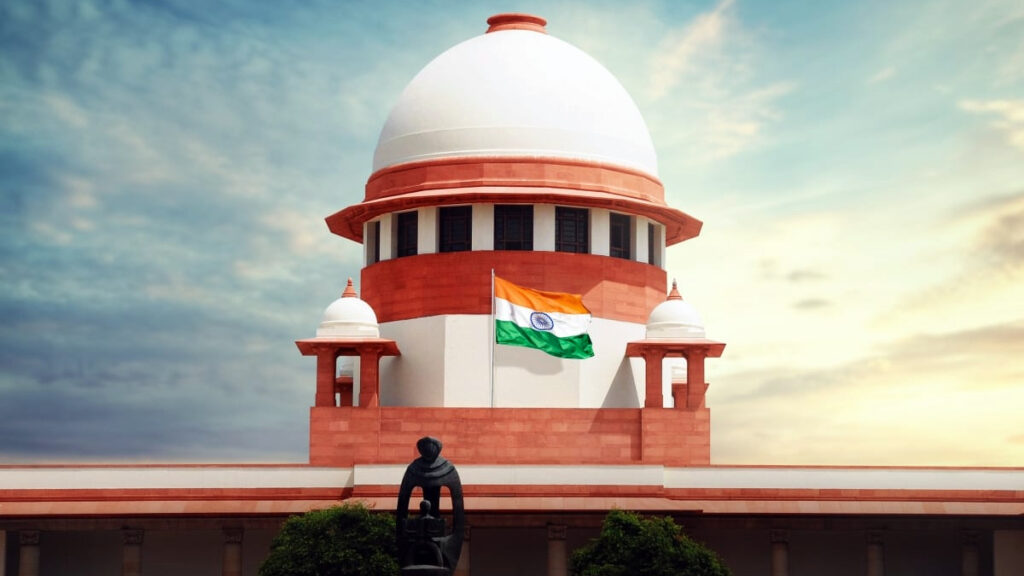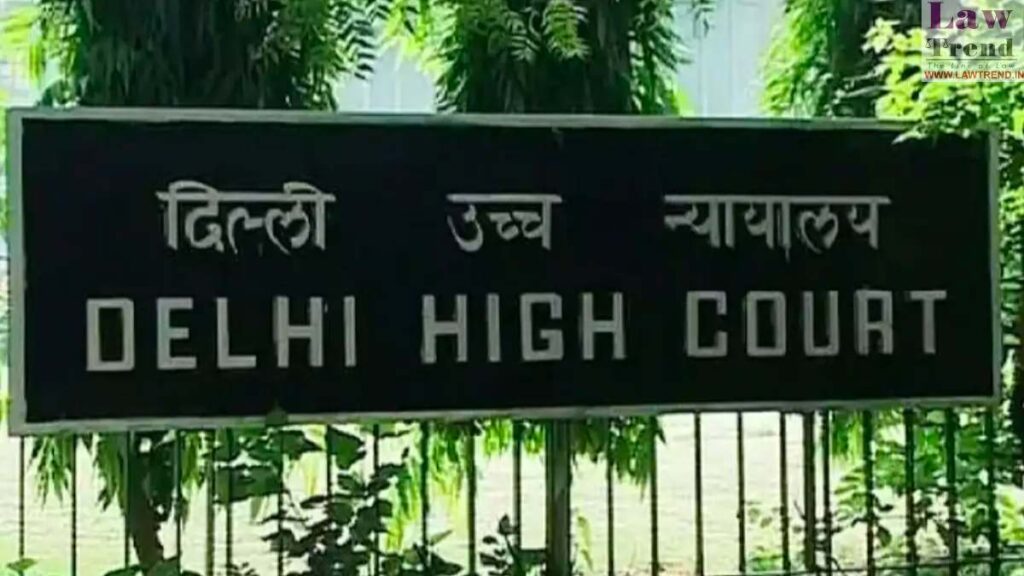
Supreme Court Controversy: Radheshyam Bhagwandas Shah’s Plea Challenging Judicial Impropriety
Last Updated on March 2, 2024 by News Desk
Introduction:
Radheshyam Bhagwandas Shah, a convict in the notorious Bilkis Bano gangrape case, has stirred fresh controversy by moving a plea before the Supreme Court. He contests the January 8 judgment which revoked his remission and that of ten others, labeling it as judicially improper. The plea challenges the authority of the Justice Nagarathna-led bench to overrule a previous judgment, raising concerns about legal precedence and procedural fairness.
Issue:
The primary issue revolves around the judicial propriety of the January 8 judgment delivered by Justices BV Nagarathna and Ujjal Bhuyan. Radheshyam asserts that it was legally flawed for this bench to overturn a prior decision rendered by Justices Ajay Rastogi and Vikram Nath.
Rule:
The legal backdrop includes the May 2022 judgment by the Justice Rastogi-led bench, which determined that the State of Gujarat, not Maharashtra, held jurisdiction over remission applications for the Bilkis Bano case convicts. However, the subsequent challenge to this decision alleged fraudulent means employed by Radheshyam and the Gujarat government. The Justice Nagarathna-led bench declared the May 2022 judgment null and void due to fraud, leading to the cancellation of the Gujarat government’s remission grants.
Analysis:
Radheshyam’s plea centers on the procedural correctness of the January 8 judgment and its implications for future legal precedents. He contends that the bench led by Justice Nagarathna lacked the authority to invalidate a prior judgment, raising questions about consistency and legal certainty. Additionally, the accusation of fraud and the subsequent annulment of the May 2022 judgment add layers of complexity to the case.
Conclusion:
The plea submitted by Radheshyam Bhagwandas Shah underscores the contentious nature of legal proceedings surrounding the Bilkis Bano gangrape case. It highlights concerns regarding judicial propriety, legal precedence, and the implications of fraud allegations on past judgments. The Supreme Court’s decision on this matter will likely have far-reaching consequences for the administration of justice in similar cases moving forward.
Written by — Athi Venkatesh



